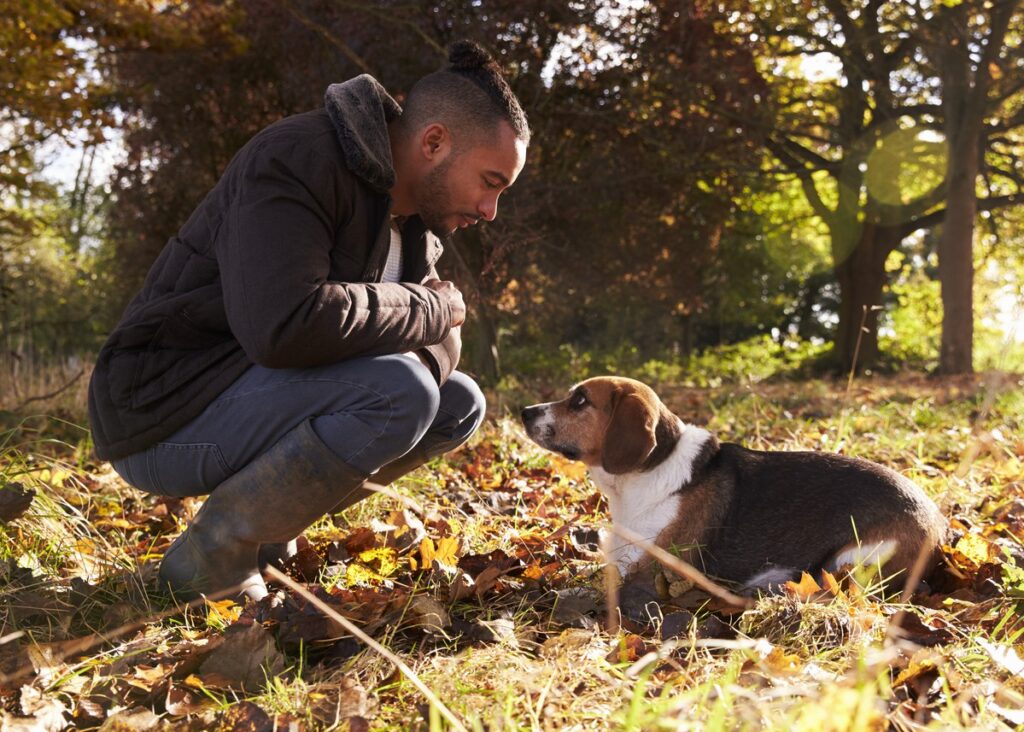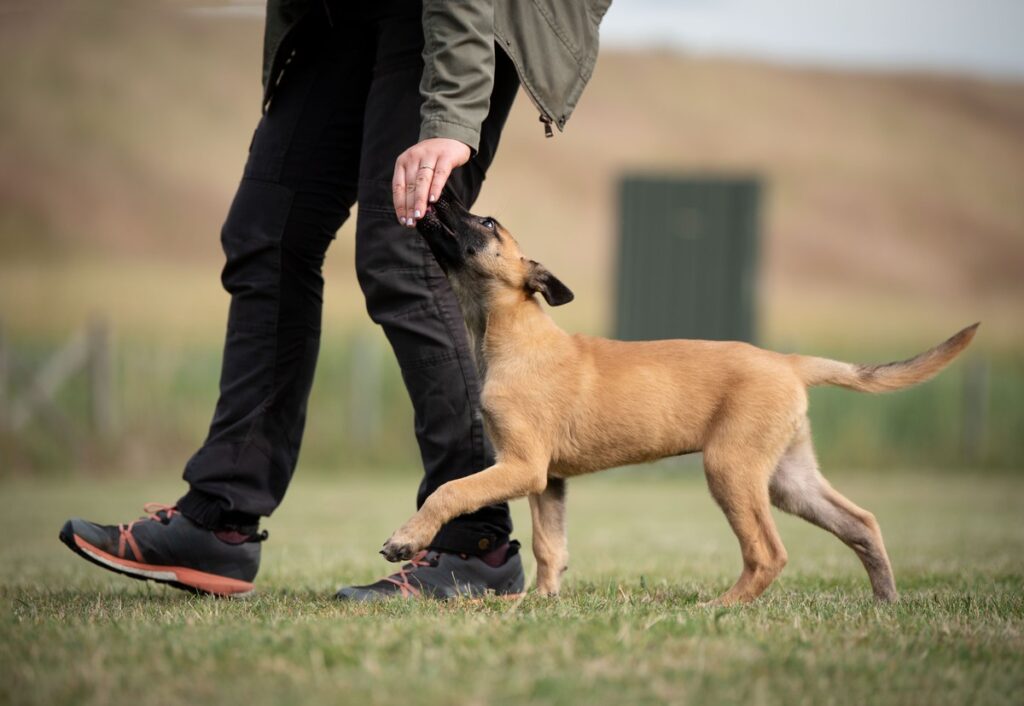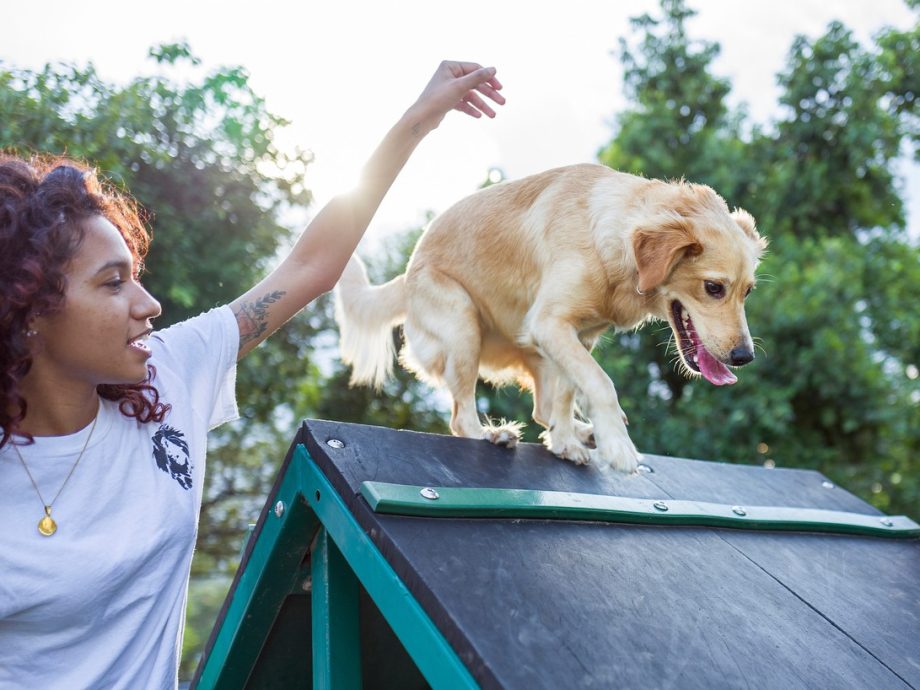Dog trainers can be one of the most salient tools in your training toolbox, so finding the right one is critical. For potential new owners and first time owners, or even those who have had a lifetime of owning dogs yet find their current one impossible to train, finding the right dog trainer can seem overwhelming, but with a few key considerations, you can find a great trainer who is right for you and your pup.
When it comes to worst case scenarios between dogs, one of the main things to watch out for is any sign of aggression. If a fight breaks out, you need to try to separate the dogs immediately and to assess the situation. On the other hand, the best-case scenario is that all dogs in the home become friends and learn to coexist peacefully.
This can be achieved through proper socialisation and training, as well as providing plenty of exercise and mental stimulation. With patience and consistency, the dogs should eventually learn how to live together in harmony. Having the support of a dog trainer can help you achieve this more quickly and with less discord than you may potentially experience otherwise.
There are critical socialisation and learning periods and any gaps in training can affect the process. Therefore, it is essential to be consistent in your training and to provide positive reinforcement as often as possible to maximise success. Missing or not fully utilising and training correctly in each socialisation period can have lifelong adverse effects. Having a trainer who can guide you through these phases with tips on how to prevent and address unwanted behaviours and what milestones you should be achieving and when, can be invaluable.
Trainers can also support with unexpected events that can throw dogs, humans and their training journey off course. When things like moving home, adding a pet, a baby, illness and even bereavements occur, it can be hard to navigate the changes and your dog’s needs. It is important to remember that dogs are incredibly adaptable creatures, and with the help of a knowledgeable and experienced trainer, many potential issues can be prevented or managed. Working with a trainer to help your dog adjust to these changes can often mean that rehoming isn’t necessary.

There are many different methods of training your puppy that you might have heard about or even seen in person with a dog trainer. However, there is only one acceptable and scientifically backed method of training. Positive reinforcement is the process of giving a reward to encourage a behaviour you want.
The use of punishment, including harsh corrections, correcting devices such as shock, choke, electric and prong collars, and dominance-based handling techniques, should always be avoided. These can produce long-term consequences that result in various forms of fear and anxiety as an adult dog, and dogs can learn to avoid the source which doesn’t necessarily fix the behaviour when the source is not around.
Make sure your chosen trainer is experienced and qualified in force-free training. This means they use positive reinforcement methods to teach your dog and will never punish your dog. You should also look for a trainer who is open to discussing their training practices and is willing to answer any questions you have.
How long the training will take depends on the type of training you’re looking for and the individual abilities of your pup. Ask the trainer how often you should expect to come for training sessions and the estimated cost. Additionally, find out how much time you might have to devote to the dog and training.

To ensure success in your training, it is also important to discuss expectation management with your trainer. This involves setting realistic goals for both you and your dog and understanding that training will take time and consistency. Furthermore, be aware of any obstacles to dog training, such as distractions, lack of consistency, or lack of understanding. Trainers should be able to help you address and prevent these as they arise.
Here is a list of some things to consider when searching for the perfect dog trainer:
- Force free language used: Be sure to look for a trainer who uses positive reinforcement and avoids any type of punishment or physical force when training your dog.
- Reviews: Check out reviews from past clients to get an idea of the quality and effectiveness of the trainer’s services.
- Training practices: Ask for an overview of the trainer’s training methods and make sure they are open and honest about their practices.
- Time and cost: Training time and cost vary depending on the dog, so make sure to ask about this upfront.
- Frequency of training: Ask the trainer how often you should come in for sessions and what the recommended frequency is for your specific dog.
- Time commitment: Ask the trainer how much time they have available to devote to your dog and to training.
- Existing knowledge: Find out what the trainer already knows about dog training and dogs in general to make sure they are up to date.
- Expectation management: Discuss expectations with the trainer to make sure they are realistic and achievable.
- Human obstacles: Be aware of any human obstacles that could affect the training process, such as moving home, adding a pet, baby, illness, or death.
- Things that can throw off training: Ask the trainer about any potential issues that could come up during the training process and how they can be addressed.
- Qualifications: Make sure the trainer has the necessary qualifications and experience to provide quality training.
- Common issues with trainers: Some trainers may be inexperienced or not knowledgeable enough to train your dog properly. Be sure to do research about the trainer before committing to a training plan.

By taking the time to research and find a qualified, force-free trainer with a good track record, you can have a successful and enjoyable training experience for both you and your dog!
The earlier you bring in a trainer to help you with your dog owning and training journey, the more they can help.
The team of experts at domain4pets can help direct you to suitable dog trainers to get you started. Get in touch with any questions you might have.






